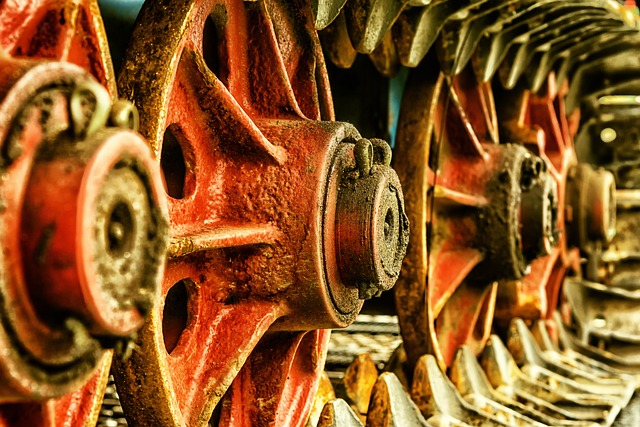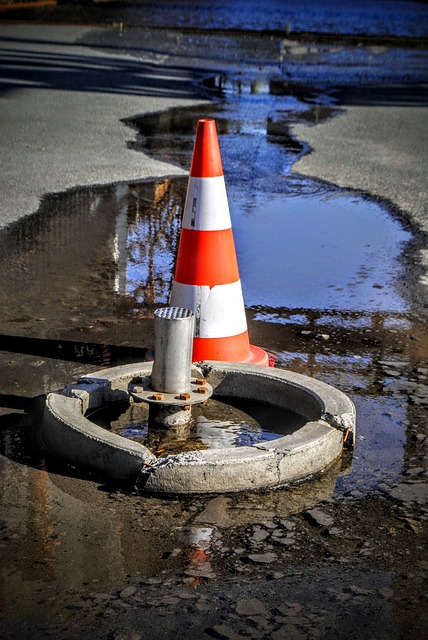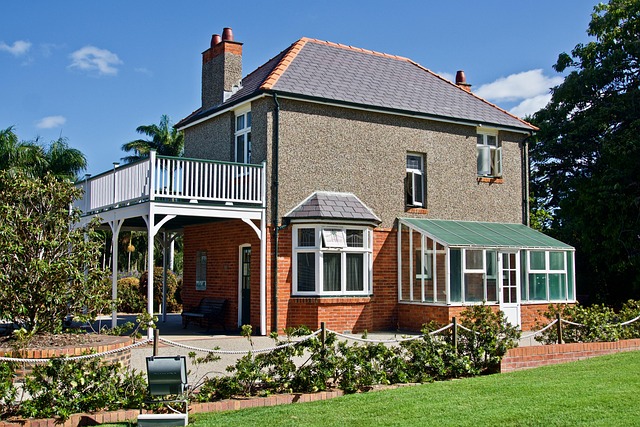Pipe corrosion, accelerated by hard water and mineral deposits, poses significant structural risks in plumbing systems globally. The main culprits are water-borne minerals like calcium and magnesium, oxygen, and corrosive substances like chlorine and high pH levels. These factors lead to rust formation, porosity in protective layers, and the creation of acidic byproducts that weaken pipe integrity over time. Common prevention strategies include using corrosion-resistant materials, installing water softeners, regular cleaning and inspection, monitoring water quality, and treating water with chemicals to maintain system longevity.
Hard water and minerals may seem harmless, but they can accelerate pipe corrosion, a common problem in plumbing systems. This article delves into the intricate relationship between these natural elements and metal pipes, revealing how they contribute to corrosion, a leading cause of pipeline failure. By understanding the basics of pipe corrosion and exploring effective prevention methods, homeowners and professionals alike can mitigate this issue. Learn about practical solutions to protect your pipes from these often-overlooked culprits.
- Understanding Pipe Corrosion: The Basics
- The Role of Hard Water and Minerals
- Mitigating Corrosion: Prevention and Solutions
Understanding Pipe Corrosion: The Basics

Pipe corrosion is a widespread concern in plumbing systems, leading to significant structural damage and costly repairs over time. Understanding the basics of pipe corrosion involves grasping its common causes. The primary culprit behind this deterioration is the interaction between water, minerals, and the pipe material. Hard water, rich in minerals like calcium and magnesium, accelerates corrosion by promoting the formation of rust on metal pipes. This process occurs due to an electrochemical reaction where the pipe’s metal acts as an anode, attracting electrons from other parts of the system.
The presence of mineral deposits can exacerbate this issue. As hard water sits in pipes, minerals precipitate out and create a protective layer on the interior walls. Over time, this layer becomes more porous, allowing oxygen and moisture to penetrate and accelerate corrosion. Moreover, certain mineral compounds can react with water, forming acidic byproducts that further eat away at pipe materials, especially in areas where flow rates are slower. Identifying these common causes of pipe corrosion is a crucial first step toward implementing effective prevention strategies.
The Role of Hard Water and Minerals

Hard water, rich in minerals like calcium and magnesium, plays a significant role in accelerating pipe corrosion, a common problem in plumbing systems worldwide. These minerals have a tendency to build up on the interior walls of pipes over time, forming deposits that can weaken the pipe’s structural integrity. As water flows through these mineral deposits, they react with the pipe material, leading to accelerated corrosion and eventual degradation. This process is particularly pronounced in metal pipes, such as copper or steel, which are susceptible to damage from the acid-like compounds formed during this interaction.
The presence of hard water and minerals can exacerbate existing corrosion issues, turning seemingly minor problems into significant structural concerns. It’s essential for homeowners and businesses to be aware of these common causes of pipe corrosion, especially in regions with hard water supplies. Regular maintenance and the use of water softening systems can help mitigate these effects, ensuring the longevity of plumbing infrastructure.
Mitigating Corrosion: Prevention and Solutions

Pipe corrosion, often accelerated by hard water and mineral deposits, is a common issue that can lead to significant structural damage over time. Understanding the causes is the first step in prevention and mitigation. The primary culprits are usually the presence of corrosive substances like chlorine in treated water, high pH levels, and various minerals such as iron, manganese, and calcium carbonate. These factors create an environment conducive to corrosion, causing pipes to weaken and eventually fail.
To combat this, regular maintenance is key. This includes using corrosion-resistant materials for piping, especially in areas prone to mineral buildup. Installing water softeners can also help by reducing the hardness of water and minimizing the impact of minerals. Additionally, monitoring water quality and treating it with appropriate chemicals can prevent corrosive substances from damaging pipes. Regular inspection and cleaning are essential to identify and address potential issues early on, ensuring the longevity of piping systems.
Hard water and minerals, while essential for life, can accelerate pipe corrosion, making them among the common causes. Understanding their impact is crucial for preventing damage. By implementing effective mitigation strategies discussed, such as water treatment and corrosion-resistant materials, you can significantly slow down the process, ensuring pipes remain intact and functional for years to come.
